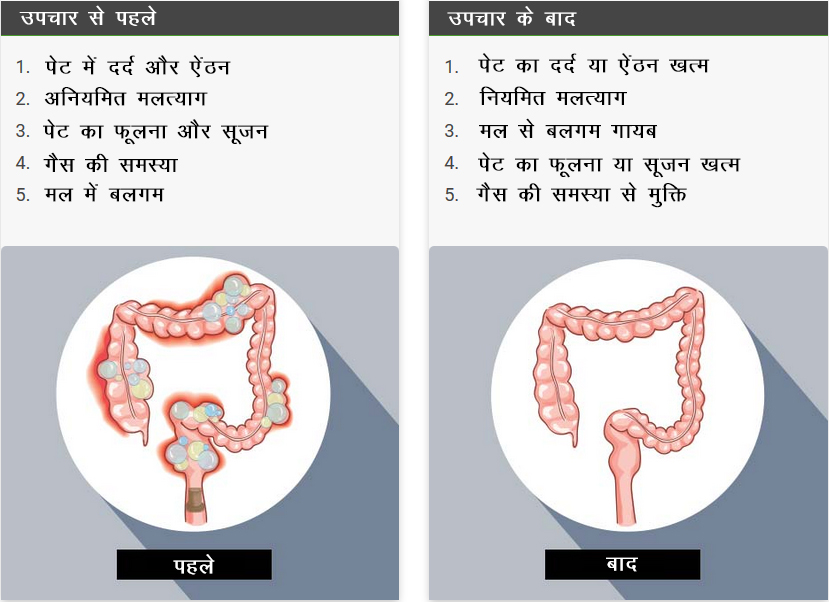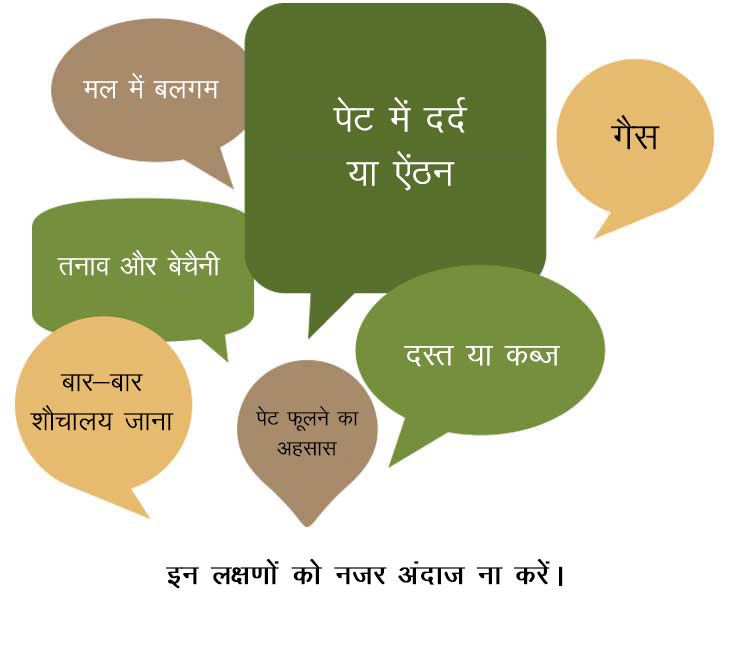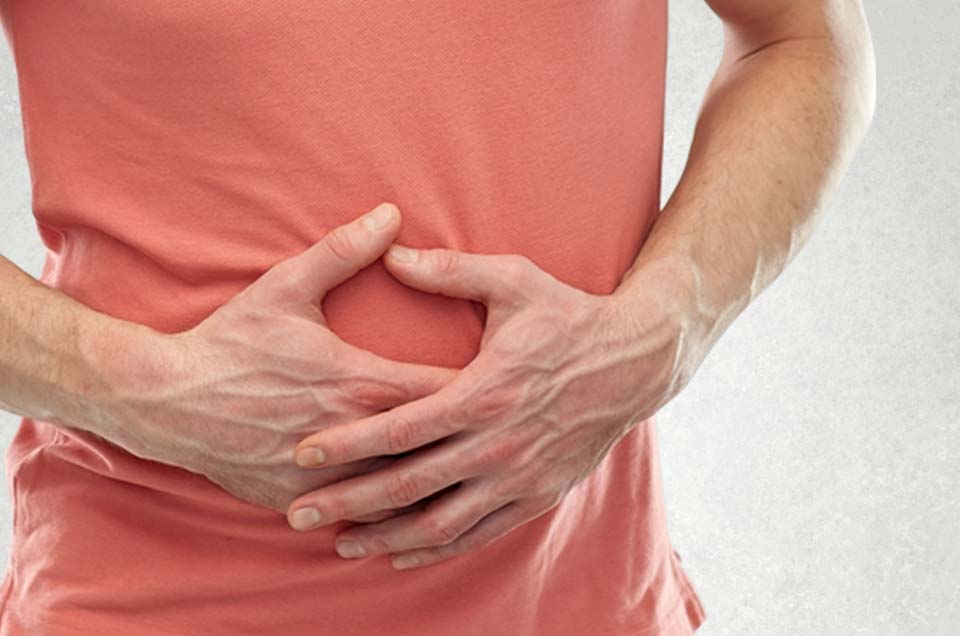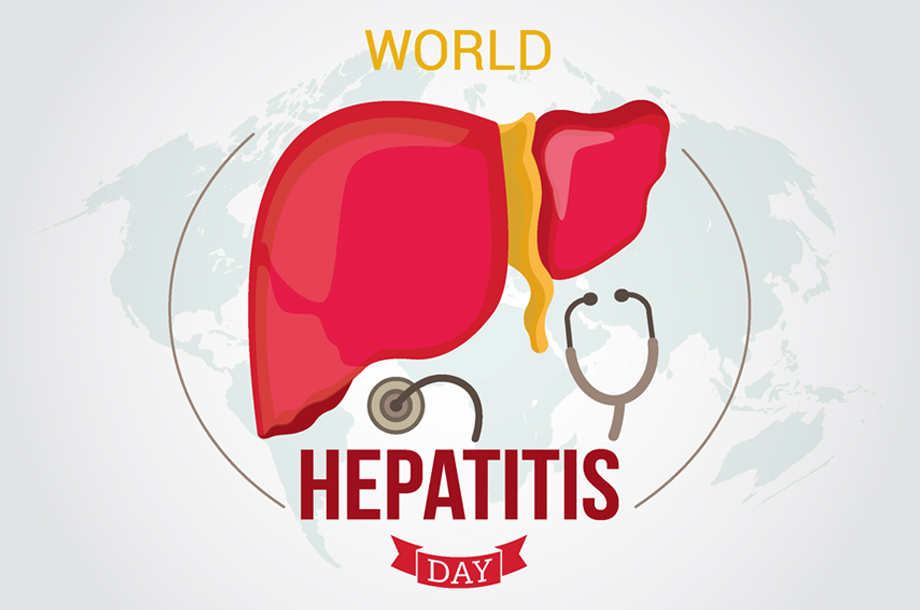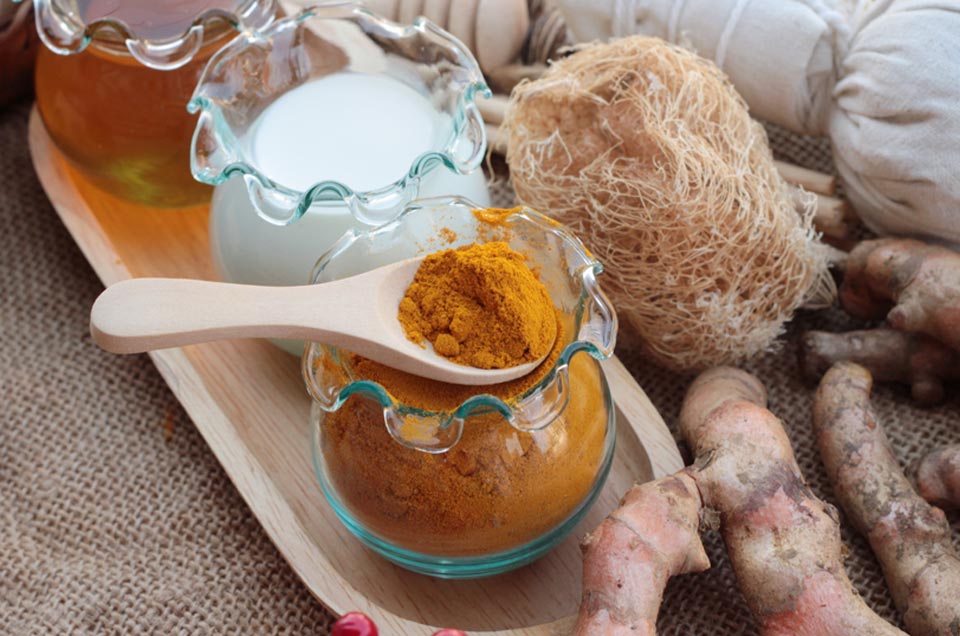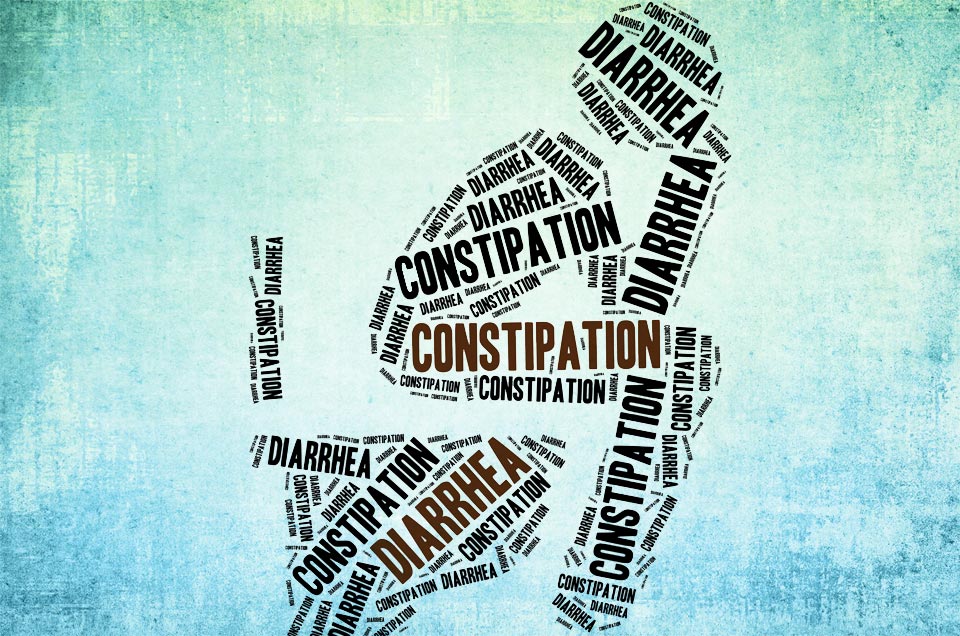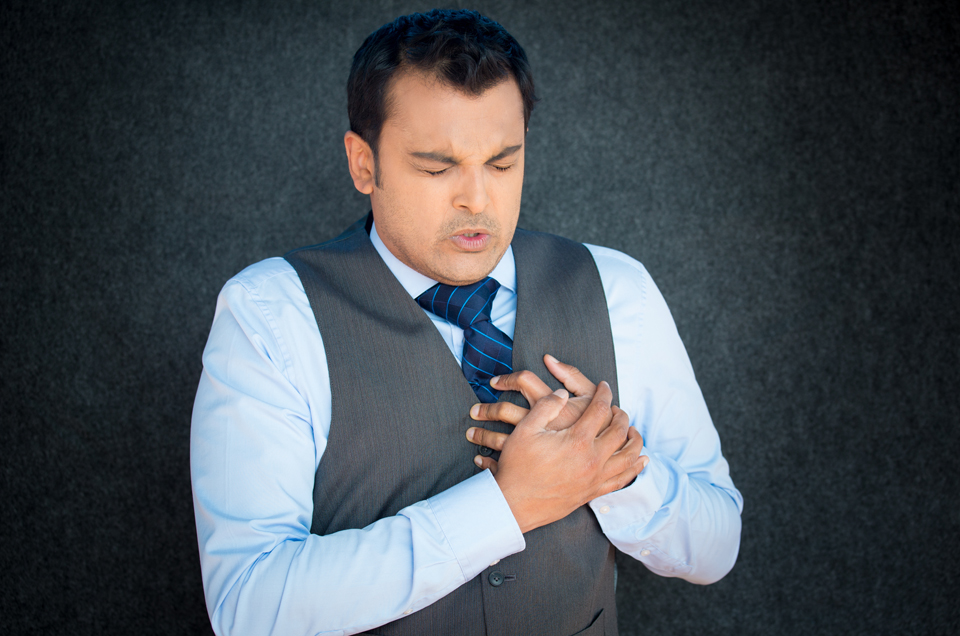Ayurveda takes a holistic approach to treat problems by correcting them from the root. Being a health problem deeply rooted in psychology, Ayurveda treatment for anorexia nervosa goes beyond herbal medicines and home remedies to a detailed psychological counselling by an expert Ayurvedic doctor. Let us discuss in detail the Ayurvedic perspective of anorexia nervosa and its treatment -
Anorexia - ‘ARUCHI’ in Ayurveda
Anorexia means not having any desire for food even though the person is hungry and food is available according to his/her taste. In Ayurveda, anorexia is known as aruchi. This condition can arise due to a sedentary lifestyle, stress and wrong eating patterns. In this condition, a person has no appetite for food due to indigestion or psychological causes. In some cases, the patient gets a bad taste in the mouth and has no desire to swallow the food.
Despite being underweight, anorexia nervosa patients severely restrict food intake through dieting or fasting. You will often find them talking about calories and fats and making some excuses to avoid eating. Some patients even secretly vomit after meals or over-exercise due to the fear of accumulating fat. Anorexia patients are very self-critical of themselves and have low self-esteem. Besides the unnaturally low weight, the anorexia has other visible manifestations. The skin starts to shrivel and peel, it gets very pale, and the hair becomes weak and dry. The nails start to break and with time begin to fall, and as the disease progresses, the tooth enamel becomes thinner. Women may even experience absence in menstruation.
Unfortunately, many people don't want anorexia treatment, at least initially. Their desire to remain thin overrides concerns about their health. So, if you notice that a family member or friend has low self-esteem, severe dieting habits and dissatisfaction with appearance, consider talking to them about healthier behavior and safe anorexia treatment options.
Ayurveda treatment for anorexia nervosa
According to Ayurveda, anorexia is caused by an aggravation of vata, pitta and kapha doshas, leading to incomplete digestion of food that leads to the formation of ama (toxins) in the body. Ama formation eventually blocks the gastrointestinal channels of the body and disturbs the sense of taste. Therefore, the anorexia patient experience the following symptoms, as per Ayurveda –
- In Vataj aruchi, an individual may experience the dryness in mouth and has an astringent taste.
- In Pittaj aruchi, the mouth has a bitter taste and there is heartburn.
- In Kaphaj aruchi, the mouth has a salty or sweet taste and there is a feeling of heaviness in the body.
Diet and lifestyle factors such as sedentary lifestyle, negative emotions (anger, fear, excessive greed, and stress), consuming oily, sweet and heavy foods, snacking between meals, having irregular meals, or eating in a disturbed environment or emotional state triggers the imbalance in doshas in your body, thereby leading to eating disorders.
The Ayurvedic line of anorexia treatment, therefore, focuses on balancing the vitiated doshas through personalized treatment combined with the psychological counselling of the patient, herbal medicines, home remedies, panchakarma therapies, and healthy diet and lifestyle changes. This deep-rooted, holistic, and scientific approach of Ayurveda ensures that neither physical nor psychological factors affect the appetite of the patient in any form or eating disorder, thereby improving the overall health and wellbeing of the patient.
Diet & Lifestyle Advice
- Have freshly prepared warm food. Meals should be taken at regular intervals so that the previous meal gets digested properly.
- Full body massage with sesame oil (til) or head massage will not only help strengthen your body but also relaxes the nervous system.
- Yoga postures such as Pawanmuktasan and Bhramari Pranayama are also beneficial for people with anorexia.
- Soak dates (khajoor), almond and raisins in the night. Mix them in the milk and drink in the morning.
- Relax your mind with Aromatherapy. Keep nice fragrances in your room.
- Ask for emotional support when needed. Spend time in the company of good friends and relatives. It helps relieve stress and improve your digestive power.



